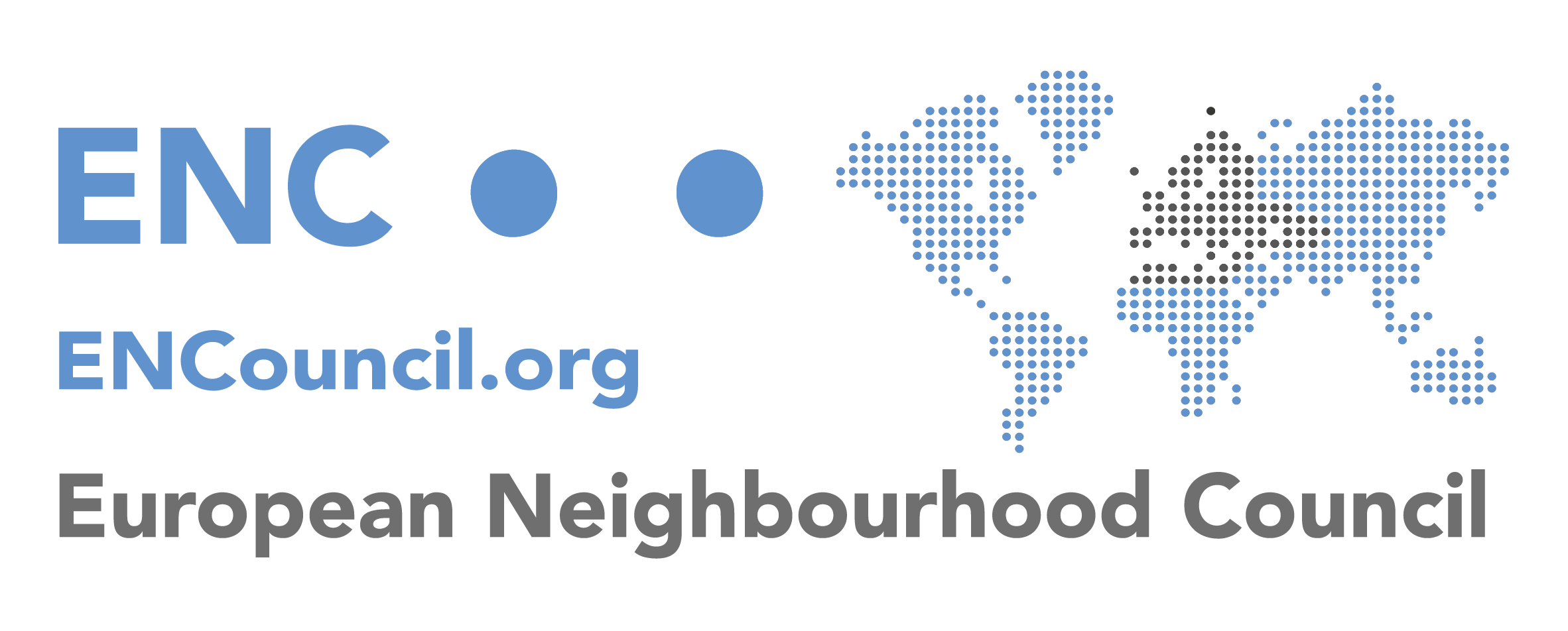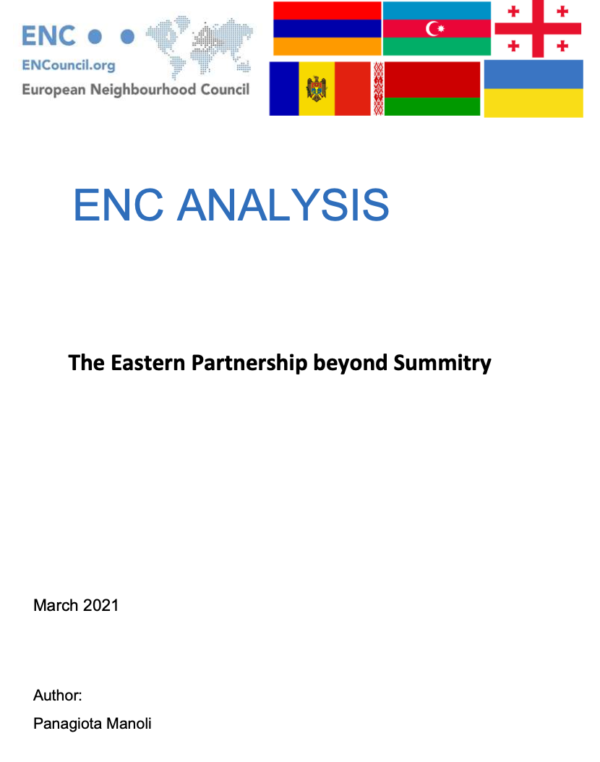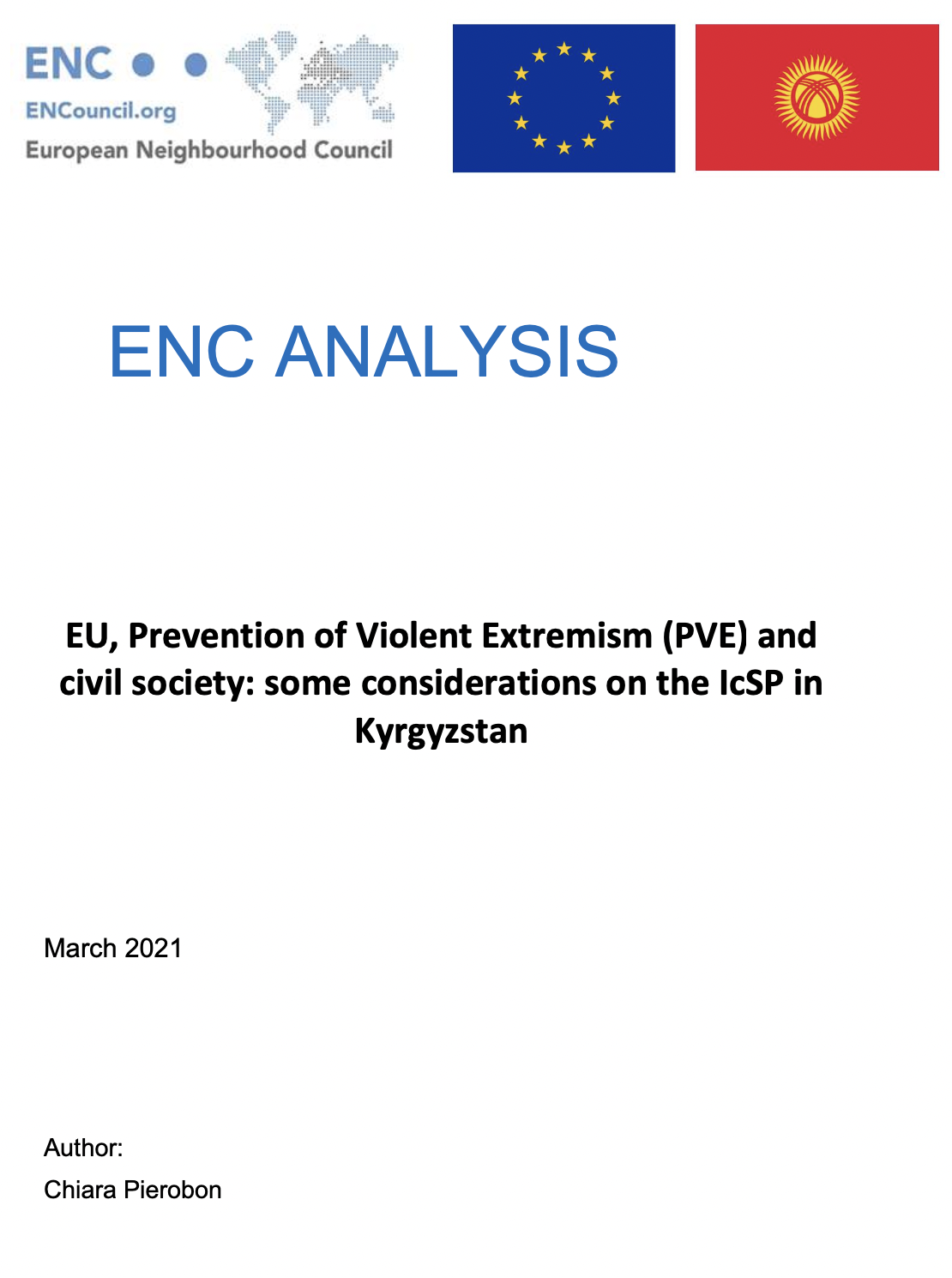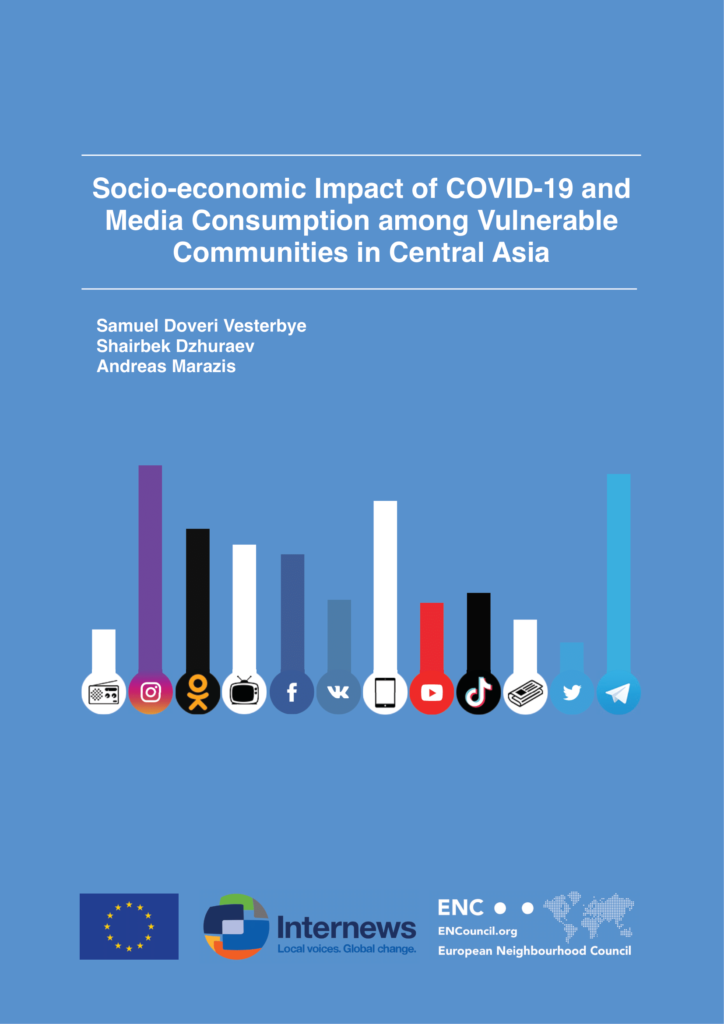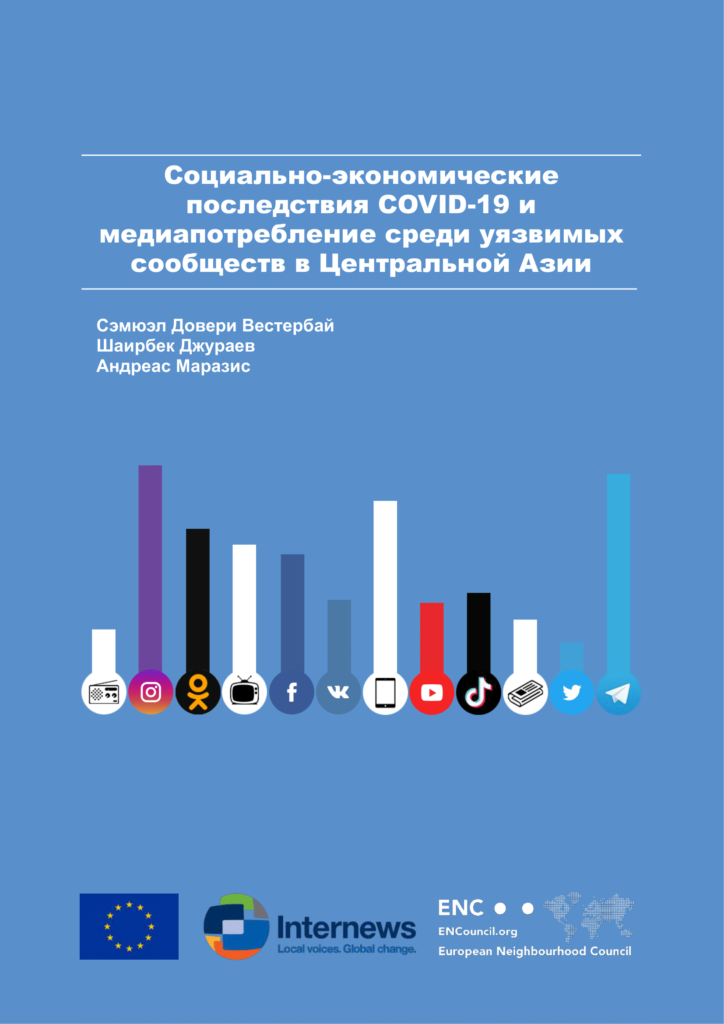
The European Union will help rural youth strengthen digital skills
and be resilient to new challenges
The project “Promoting Equal Economic Opportunities and Resilience of Youth” in the Kyrgyz Republic (Sanarip Insan (Digital Citizen) was launched with the financial support of the European Union.
The aim of the project is to provide knowledge of the work of the digital and green economy to young people and women living in rural regions of the Kyrgyz Republic. This project provides for holding information events to increase the level of digital literacy in cooperation with the media and social networks, adapting and developing educational and methodological materials with representatives of the education sector, as well as conducting joint initiatives with representatives of the digital economy and government agencies to train young people to work in digital platforms in the e-government, e-commerce and digital economy sectors.
Within the framework of the project, the involved representatives of youth and women will receive the necessary knowledge and skills to successfully start their activities on Kyrgyz and international digital platforms, digital wallets, marketplaces, and will receive advanced IT enabled entrepreneurial skills. As a result of passing the training, representatives of youth and women will be able to receive funding for the implementation of their IT start-ups.
The final result of the project is to improve the indicators of youth protection according to the Sustainable Development Goals and the protection of human rights.
The project is implemented by the European Neighbourhood Council (ENC) together with the Public Association “Internet Society Kyrgyzstan Chapter” with the support of the European Union Delegation in the Kyrgyz Republic. The duration of the project is 30 months.
Additional information about the project can be obtained: by phone +996 (755) 330335 and by e-mail: isockyrgyzchapter@gmail.com or by phone +32 (0) 26465139 and by e-mail: media@encouncil.org.
‘This website was created and maintained with the financial support of the European Union. Its contents are the sole responsibility of European Neighbourhood Council (ENC) / Public Association “Internet Society Kyrgyzstan Chapter” and do not necessarily reflect the views of the European Union’.
To read the project fact sheet click here and pусская версия пресс-релиза по этой ссылке. Басма сөз үчүн билдирүү кийинки шилтеме менен кыргыз тилинде жеткиликтүү.
|
Telephone: +996 312 26 10 00 E-mail: delegation-kyrgyzstan@eeas.europa.eu
|
The European Union is made up of 27 Member States who have decided to gradually link together their know-how, resources, and destinies. Together, during a period of enlargement of 60 years, they have built a zone of stability, democracy, and sustainable development whilst maintaining cultural diversity, tolerance, and individual freedoms. The European Union is committed to sharing its achievements and its values with countries and peoples beyond its borders.
|
